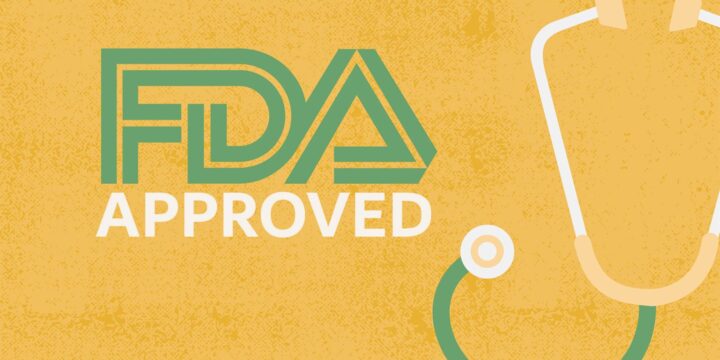
FDA Names Dupixent as the First and Only Approved Drug to Treat Eosinophilic Esophagitis (EoE)
The U.S. Food and Drug Administration (FDA) announced the approval of Dupixent (dupilumab) to treat eosinophilic esophagitis (EoE) in adults and children ages 12 and older on May 21, 2022. The drug is the first and only treatment to be approved for EoE; Dupixent is already approved to treat atopic dermatitis (eczema), eosinophilic or oral steroid dependent asthma, and inadequately controlled chronic rhinosinusitis with nasal polyps.Jointly developed by Sanofi and Regeneron, dupilumab is a fully human monoclonal antibody that inhibits the signaling of the interleukin-4 and interleukin-13 pathways — it’s not an immunosuppressant.How Dupixent Treats Eosinophilic EsophagitisEoE is a chronic autoimmune disease in which a type of white blood cell, called eosinophil, builds up in the lining of the esophagus, the tube that connects the mouth to the stomach. The…








